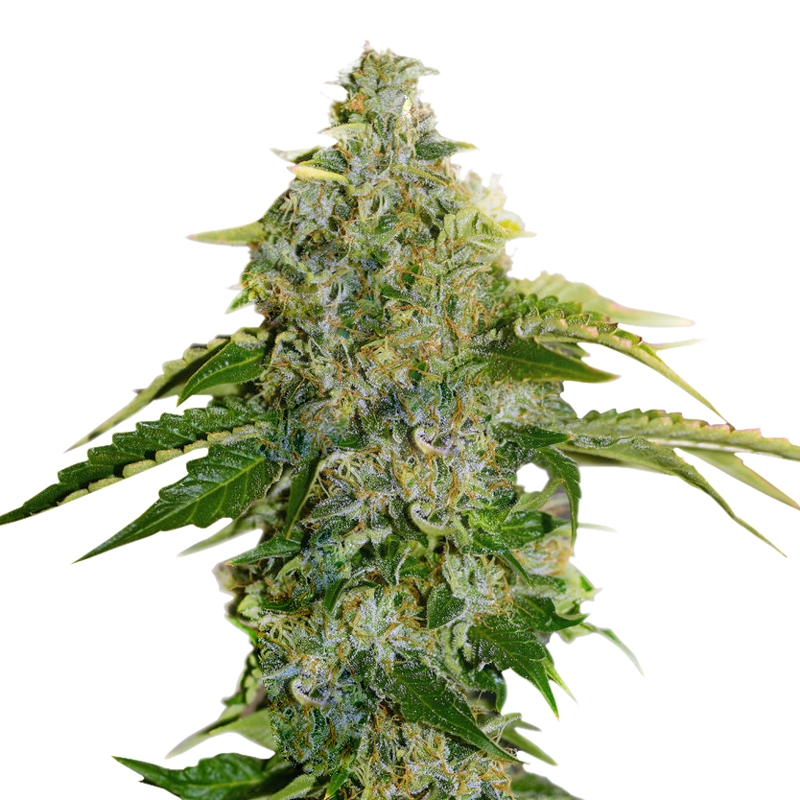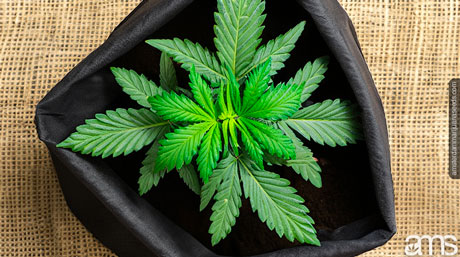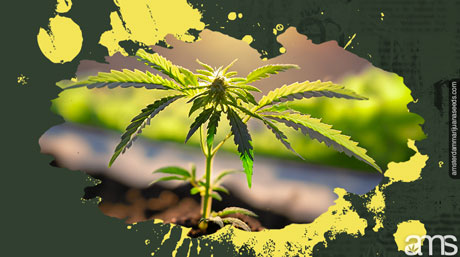Marijuana has almost infinite different names. And new, creative names for ganja are still being added every day.
There are a number of main names such as cannabis, marijuana, and weed. And they will probably continue to exist. But because the cannabis industry is currently running at full speed, many fantastic names for ganja will probably be added to the list.
You have to see it this way. If you love something very much, then you choose a name carefully and with love, right?
There is another name that you will encounter a lot, and that is Ganja
In addition to cannabis, marijuana, and weed, there is another name that you will encounter a lot, and that is Ganja. But what is Ganja? Is Ganja different from those others? Or is it just another one of the many names for ganja?
Where do Ganja and the word Ganja come from?
The general idea is that the word Ganja comes from Jamaica, where the Rastas used Ganja to stir up spirituality. It would be used in spiritual ceremonies. But actually, Ganja comes from the Sanskrit, from the Indian subcontinent. The term is a reference to the Sativa tribe.
Ganja is used by Rastas as a spiritual exercise. It is even claimed that the river Ganges is named after Ganja because the plant grows so lush and upright on the banks of the river.
Do you know Dagga?
There is another name that you regularly come across, especially if you are familiar with South Africa, and that name is Dagga. The term Dagga comes from the Khoi tribe. This originally South African tribe used the word “Dacha” that in their area was the word for plants with a narcotic effect.
The word Dagga is still widely used in Southern Africa
The word Dagga is still widely used in Southern Africa, but it is a kind of slang name. You will not hear it often in a polite conversation.
Some say Ganja is Jamaican for weed. Others say that Ganja is Hindi. However, Ganja is just another word for marijuana or cannabis—one of the many names for ganja that have developed across cultures.
Why so many names for ganja?
The sheer number of names for ganja is also a testament to how beloved the plant is around the world. When something becomes part of everyday life—part of music, medicine, spirituality, and personal rituals—it earns nicknames just like a close friend would. Some names are playful, others poetic, and some reflect the legal or social status of cannabis in different regions.
Whether you call it weed, herb, dagga, or ganja, the important thing is understanding the cultural roots behind each term and the respect many communities have for the plant. So next time you hear a new name for cannabis, take a moment to appreciate how global and versatile this plant really is.
Looking for quality ganja seeds?
Whatever name you prefer, we’ve got you covered. Check out our full collection of cannabis seeds to find your perfect match—whether you’re into fruity strains, old-school classics, or high-yield hybrids. Ganja by any other name still grows just as beautifully.
Maybe we only have a clue where Ganja originated, but what we do know for sure is that we like Ganja a lot!
FAQs about Ganja, what is it?
What is Ganja, and is it different from marijuana or cannabis?
Ganja is simply another name for marijuana or cannabis. While it has cultural and spiritual significance, particularly in Jamaica and among the Rastas, it refers to the same plant.
Where does the word Ganja come from?
The word Ganja originates from Sanskrit in the Indian subcontinent. It was later popularized in Jamaica, where it became associated with spiritual practices.
What is Dagga, and where is it commonly used?
Dagga is another term for cannabis, commonly used in Southern Africa. It comes from the Khoi tribe and is still widely used as slang in the region today.
















